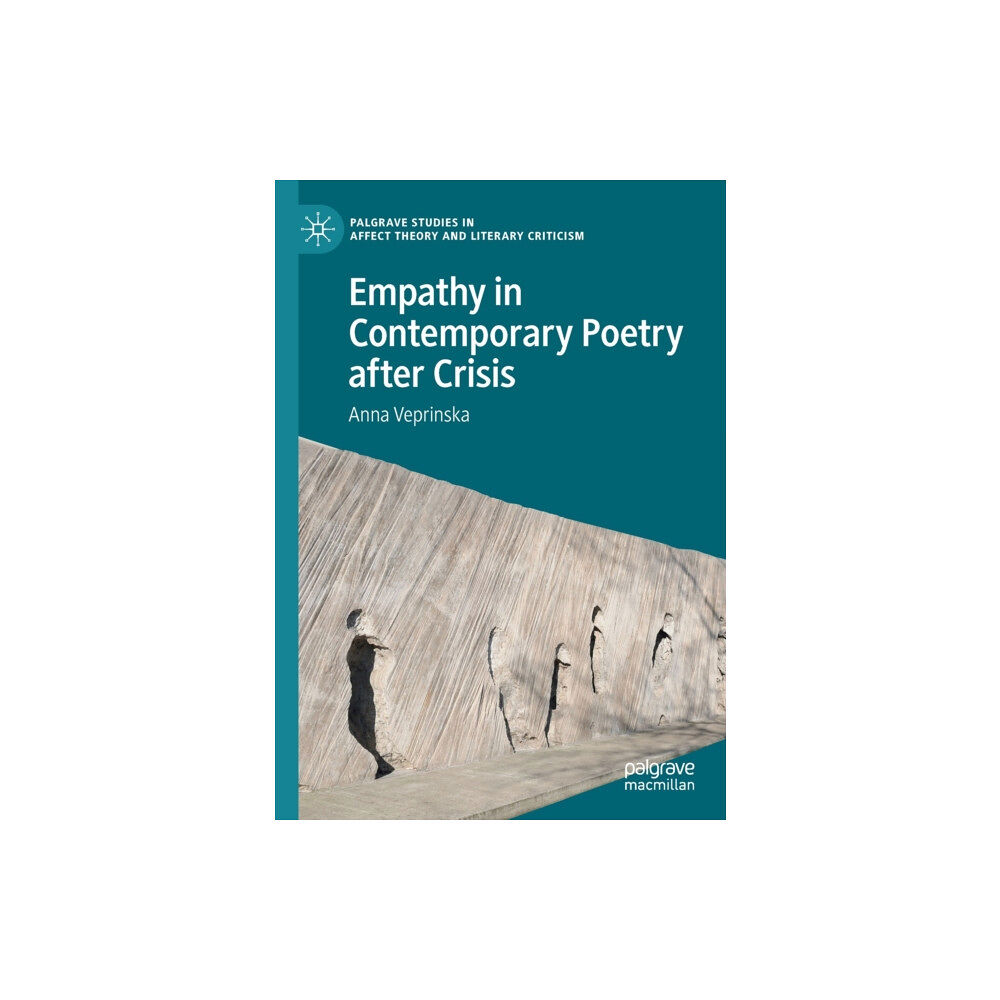This book examines the representation of empathy in contemporary poetry after crisis, specifically poetry after the Holocaust, the September 11, 2001 terrorist attacks, and Hurricane Katrina. The text argues that, recognizing both the possibilities and dangers of empathy, the poems under consideration variously invite and refuse empathy, thus displaying what Anna Veprinska terms empathetic dissonance.
Veprinska proposes that empathetic dissonance reflects the texts'' struggle with the question of the value and possibility of empathy in the face of the crises to which these texts respond. Examining poems from Charlotte Delbo, Dionne Brand, Niyi Osundare, Charles Reznikoff, Robert Fitterman, Wisława Szymborska, Cynthia Hogue, Claudia Rankine, Paul Celan, Dan Pagis, Lucille Clifton, and Katie Ford, among others, Veprinska considers empathetic dissonance through language, witnessing, and theology.
Merging comparative close readings with interdisciplinary theory from philosophy, psychology, cultural theory, history and literary theory, and trauma studies, this book juxtaposes a genocide, a terrorist act, and a natural disaster amplified by racial politics and human disregard in order to consider what happens to empathy in poetry after events at the limits of empathy
| Format |
Häftad |
| Omfång |
203 sidor |
| Språk |
Engelska |
| Förlag |
Springer Nature Switzerland AG |
| Utgivningsdatum |
2021-01-01 |
| ISBN |
9783030343224 |

